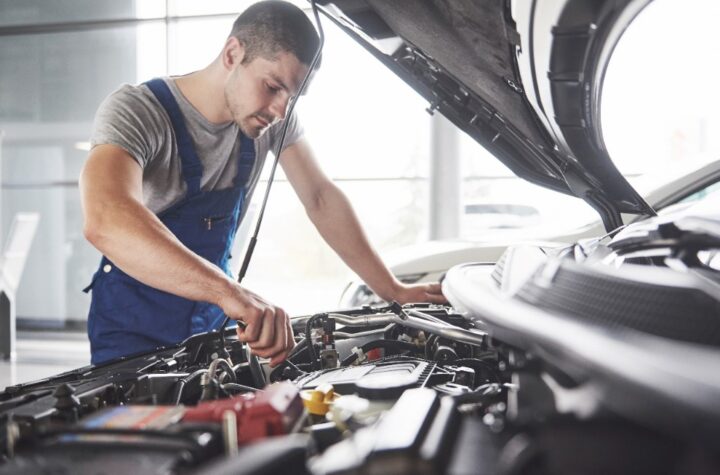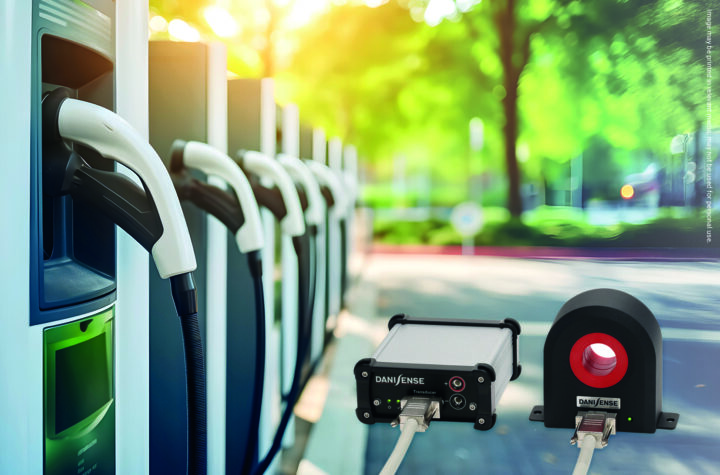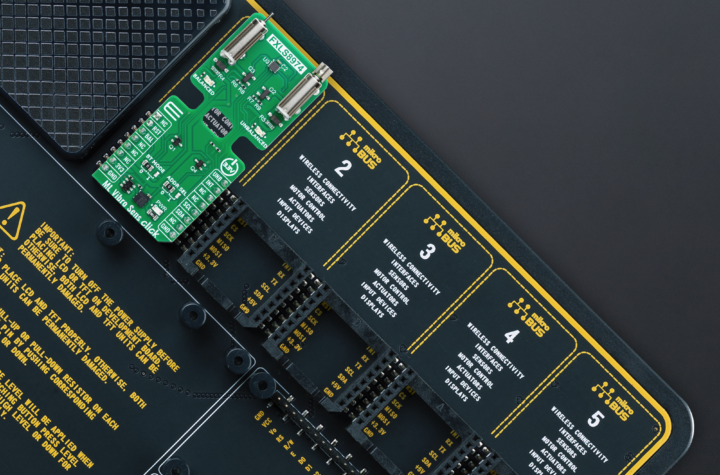

Plastic components are gradually replacing steel in the 30,000 parts which make up the average automobile as manufacturers shed weight and focus on recyclability.
Shiny chrome-plated bumpers have now been largely substituted by components made from specially formulated lightweight polypropylene (PP) – the same base material used in the manufacture of food packaging films and bottle caps. When making a bumper, the plastic can’t be too soft because it would lose its shape. At the same time, it can’t be too rigid because it would easily break in the event of a collision. These are the challenges being overcome by researchers such as those at Mitsui Chemicals.
Back in 1912 the company was the first in Japan to produce raw material for chemical fertilizers from coal gas by-products. In 1958 it built Japan’s first petrochemical complex. Today it has a manufacturing network of over 135 companies in 27 countries. Mitsui Chemicals has also broken ground on a new 2,000 tons a year plant within the Omuta Works to manufacture its advanced polyurethane elastomer, FORTIMO™, and the bio-based polyisocyanate, STABiO™. The new plant is scheduled for commercial operation in August 2016.
Automotive Industries (AI) asked Tsutomu Tannowa, President and CEO of the Mitsui Chemicals Group, how the mid-term business plan goal to “create new customer value through innovations” is reflected in the company’s automotive-related business.
Tannowa: The motor industry is looking to save weight alongside safety, comfort, and design solutions. To meet these needs the Mitsui Chemicals Group has established eight bases in major world markets to respond speedily to meet the requirements of global automobile manufacturers for the PP compounds needed to reduce automobile weight and make it possible to introduce complicated designs. We have increased our production capacity and problem solving capabilities at these bases to support our clients.
Our possibilities as a solution provider are infinite. We have a performance-driven, high quality synthetic rubber Mitsui EPT developed from our proprietary metallocene catalyst technology. We have an outstanding adhesive resin Admer™, which contributes to weight reduction and provides design freedom for fuel tanks. Milastomer™, a superior quality automotive interior material, Tafmer™, an elastomer modifier, and our high performance urethane raw materials, which are used in seat cushions and as sound-absorbing material, all make automobiles more attractive and more comfortable. Our coating raw materials contribute to better designs for automobiles and our CarbonFiber-SMC helps to reduce the weight of structural parts. Aurum™, an engineering thermoplastic, is widely used in and around engines. Lucant™, a gear oil, helps to improve fuel efficiency. Most recently, we have increased solution proposals using composite technology and Polymetac™ which is state-of-the-art integral metal and resin molding technology.
Our group company, Kyowa Industrial, is known for its large-scale molding technology. We will capitalize on our strengths by bolstering our ability to grasp next- generation needs and provide new solutions which use our know-how to create a value chain from resins, design, flow analysis, and molding. We will be better able to make proposals and help customers accelerate development.
AI: Manufacturing in the automotive sector is constantly evolving and moving as the global OEMs reposition and adapt to new market dynamics. How is Mitsui Chemicals positioned to support these shifts?
Tannowa: We have eight growing bases in PP compounds. Production capacities continue to expand to meet customer demand especially in North America and Asia. At key sites, we have also established research and development bases. We have enhanced and accelerated our proposal capabilities in line with global and local strategies of automobile manufacturers.
In December 2014, we started up a new EPT plant in China. Demand for glass run channels and weather strips has increased significantly. In March 2015, we began commercial operations at our new factory in China for the lightweight, luxurious interior material Milastomer™, which boasts excellent recyclability, and Admer™, which allows design freedom while reducing weight of fuel tanks. To bolster the market for our gear lubricating oil Lucant™ we have entered into a partnership with the American Lubrizol Corporation which shares our vision of contributing to fuel efficiency of automobiles around the world.
AI: What are the benefits to the automotive industry of the joint venture established between Mitsui Chemicals and SKC?
Tannowa: Mitsui Chemicals & SKC Polyurethanes commenced operations in July 2015. We have global strategic bases for urethane system products and our integrated system, which starts with raw materials, will serve to bolster our ability to make even more effective proposals to our customers. We will strengthen our global deployment by leveraging the strengths of the two companies to provide even better and more comfortable solutions for automotive interiors. Additionally, these new changes will accelerate our global expansion of environmental friendly seat cushion materials using bio-polyols made from non-edible plants.
AI: Mitsui Chemicals says it will continue to develop “world firsts” such as FORTIMO™ which was announced in April 2015. What other “firsts” can the automotive sector plan to see being launched over the next year?
Tannowa: We have started the full-scale introduction of our bonding and composite technology, Polymetac™ which is the metal and resin integral molding of various materials without use of adhesives. Until recently, there was no standard to evaluate strength of heterogeneous adhesion. With the establishment of an ISO standard, we will be able to advance and expand deployment of the application. Our specialty isocyanate STABiO™, is not only from a bio source, but also has high chemical and abrasion resistance and a high gloss. As a painting material, we expect that it will contribute greatly to improving production efficiency and design freedom while being environmental friendly. FORTIMO™, with its high elasticity and high heat resistance, has seen deployment for new applications.
AI: Does the advent of the electric vehicles (EV) create new opportunities or threats?
Tannowa: The chemical industry is closely linked with various sectors which are behind social change. For example, the lithium ion batteries (LIB) played a major role in the development of the EV. Mitsui Chemicals has the first material which prevents thermal runaway, a major safety concern of large LIBs. Our STOBA™ reduces the risk of fire in LIBs making them safe while reliable. This breakthrough product continues to contribute greatly in the expansion of the EV market.
AI: What is the future for plastics in modern motor car manufacturing?
Tannowa: The automobile needs lighter materials, improved safety, greater comfort, and better design. It is important that we continue to meet the needs of our customers and consumers. For this, we must bolster our ability to add fresh value by cutting across organizational lines to make the most of our materials.
Meanwhile, due to the introduction of autonomous vehicles, the concept of the automobile itself may have come to a major turning point. There are limitless possibilities to upset traditional concepts and business models through technology cross-overs. The chemical industry has always been at the forefront of change. We will provide solutions to power mobility at the future crossroads.















More Stories
Mosaic Click board from MIKROE delivers global coverage multi-band and multi-constellation tracking ability
Current transducer from Danisense selected for DC charging station testing device demonstrator at TU Graz
New Click board from MIKROE helps develop and train ML models for vibration analysis